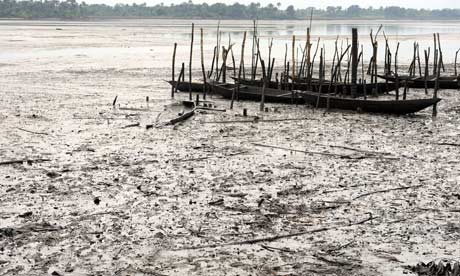Tom Dobrzanski, a Sauder graduate at UBC, is a successful business man. Graduating with a bachelor of commerce degree, he holds much knowledge of what goes around in the business world. Tom, however has another side to him, a side that is filled with talent and artistic passion: Music. Tom loves to sing and play the keyboard. However, following family footsteps of his mother and father (both whom were business student graduates) he chose the path of business as his future field of interest. His passion in music, however made him join a band and give him ideas for making a home studio. Of course, this did not come easy as there were risks along the way: sunk costs, fixed costs, and variable costs of maintaining the studio was far beyond what he could earn. Using loans and mortgages, he was eventually able to create a home studio where he would record his own songs with his or rent it for other bands to record at a payable price. Being well informed in business, he was able to contract banks and other people to support his path in becoming a successful band.
Tom inspires me as I am also a musician. Using business ideals, Tom was able to use business concepts to support his passion of playing music. Recording his own songs in his own studio, he was able to become a successful mainstream band. Tom essentially persevered and worked hard at doing what he loves. He sought opportunities and was motivated by music and was able to achieve success.
http://thezolasmusic.com/


 Follow
Follow



